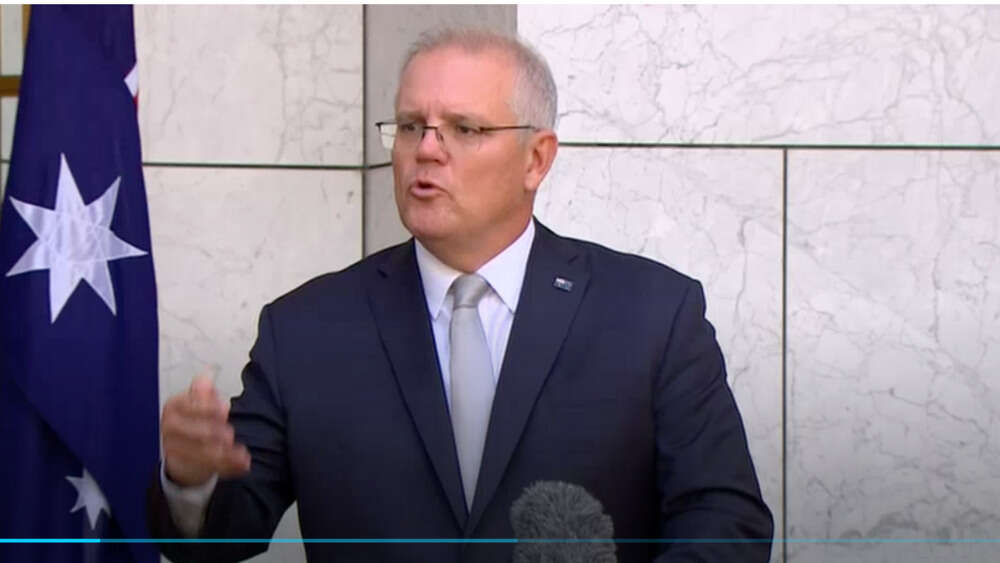It’s been watered down but the leaks were accurate. The Morrison Government’s long-awaited Bill aims to satisfy religious leaders who want protections in law, but not create too much backlash from the moderate sections of the Liberal Party.
Or as Senator Eric Abetz of Tasmania told the ABC’s PM program “Some of my colleagues will want more and others will want stuff taken out of it. but I think we have landed in a good place.”
As predicted in earlier Eternity stories:
Key provisions that now are missing from the bill
- The “Israel Folau” clause which provided a complicated mechanism to prevent large employers from restricting what their staff could say outside work.
- A conscience clause that would have enabled religious medical staff to refuse to take part in some procedures. This would have bolstered the exemptions provided in Stae abortion laws but extended further.
Remaining in the bill
- Statements of faith and belief to be protected, overriding some State anti-discrimination laws. For example, the bill will not protect “vilification” or malicious statements but will protect statements that may offend, which is the lower bar set by the Tasmania Anti-discrimination law.The bill provides protection when “the statement is made, in good faith, by written or spoken words or other communication (other than physical contact) by the person. The statement is of a belief that the person genuinely considers to be in accordance with the doctrines, tenets, beliefs or teachings of that religion.”
- Schools and other religious institutions will be able to prefer staff of their faith when hiring.”For example, it is not discrimination for a religious primary school to require all of its staff and students to practice that religion, if such a requirement is necessary to avoid injury to the religious susceptibilities of people of that religion,” the bill provides according to an ABC report.”It is not discrimination for a religious hospital, aged care facility, accommodation provider or disability service provider to seek to preserve a religious ethos amongst its staff by making faith-based decisions in relation to employment.”
The Bill will ask faith schools and other religious bodies to set out in a public document their requirements for staff behaviour. If they do so they can “preference, in good faith, to persons who hold or engage in a particular religious belief or activity”, The Australian reports.
A Religious anti-discrimination commissioner is added to the Anti-Discrimination Commission, to carry forward the bill’s chief plank – banning discrimination on the basis of religion.
Email This Story
Why not send this to a friend?



